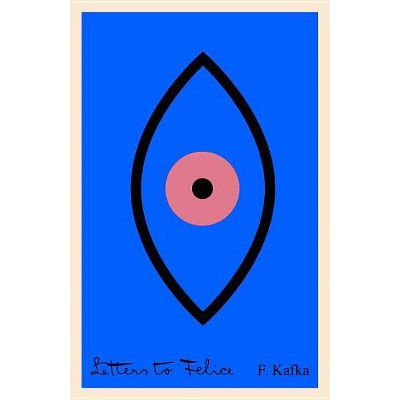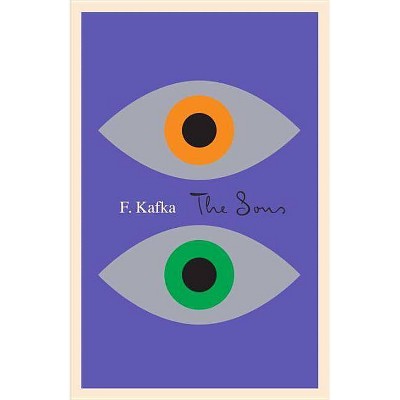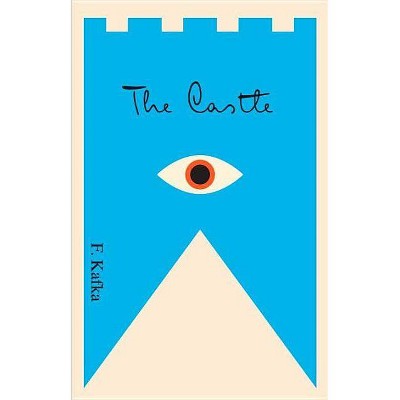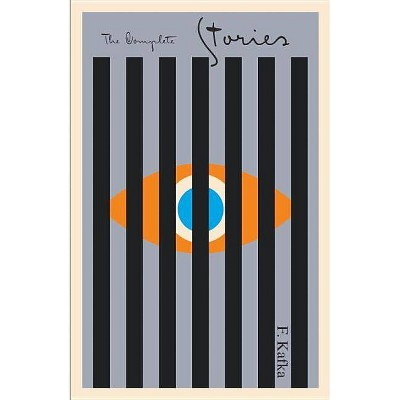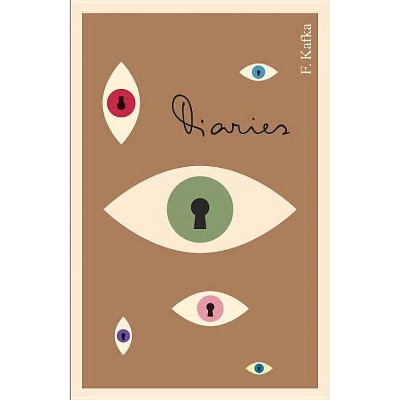Letters to Milena - (Schocken Kafka Library) by Franz Kafka (Paperback)
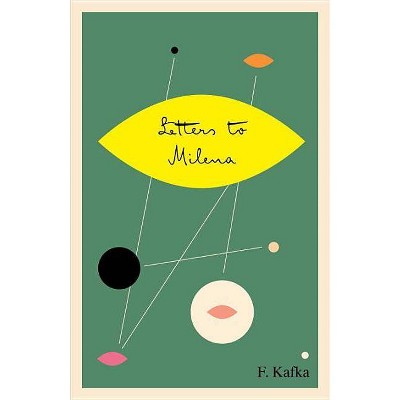
Similar Products
Products of same category from the store
AllProduct info
<p/><br></br><p><b> About the Book </b></p></br></br>In no other work does Franz Kafka reveal himself as in Letters to Milena, which begins as a business correspondence but soon develops into a passionate but doomed epistolary love affair. Kafka's Czech translator, Milena Jesenskaa, was a gifted and charismatic twenty-three-year-old who was uniquely able to recognize Kafka's complex genius and his even more complex character. For thirty-six-year-old Kafka, she was "a living fire, such as I have never seen." It was to Milena that he revealed his most intimate self and, eventually, entrusted his diaries for safekeeping.<p/><br></br><p><b> Book Synopsis </b></p></br></br><p>In no other work does Franz Kafka reveal himself as in <i>Letters to Milena, </i>which begins as a business correspondence but soon develops into a passionate but doomed epistolary love affair. Kafka's Czech translator, Milena Jesenská, was a gifter and charismatic twenty-three-year-old who was uniquely able to recognize Kafka's complex genius and his even more complex character. For thirty-six-year-old Kafka, she was a living fire, such as I have never seen. It was to Milena that he revealed his most intimate self and, eventually, entrusted his diaries for safekeeping.</p><p/><br></br><p><b> Review Quotes </b></p></br></br><br>The voice of Kafka in <i>Letters to Milena</i> is more personal, more pure, and more painful than in his fiction: a testimony to human existence and to our eternal wait for the impossible. [This is] a marvelous new edition of a classic text. --Jan Kott <p/>An extraordinary document--touching, horrifying, brilliant, sickly, heartbreaking, and infinitely convoluted . . . It reveals him most clearly (which is relative, and Kafka remains mystifying enough), and it is--aside from the beauty of the letters themselves--the most significant key we have for a reading of the author's novels and short stories. --<i>The New York Times</i><br><p/><br></br><p><b> About the Author </b></p></br></br><b>FRANZ KAFKA </b>was born in Prague in 1883 and died of tuberculosis in a sanatorium near Vienna in 1924. After earning a law degree in 1906, he worked for most of his adult life at the Worker's Accident Insurance Institute in Prague. Only a small portion of Kafka's writings were published during his lifetime. He left instructions for his friend and literary executor Max Brod to destroy all of his unpublished work after his death, instructions Brod famously ignored.
Price History
Price Archive shows prices from various stores, lets you see history and find the cheapest. There is no actual sale on the website. For all support, inquiry and suggestion messages communication@pricearchive.us
